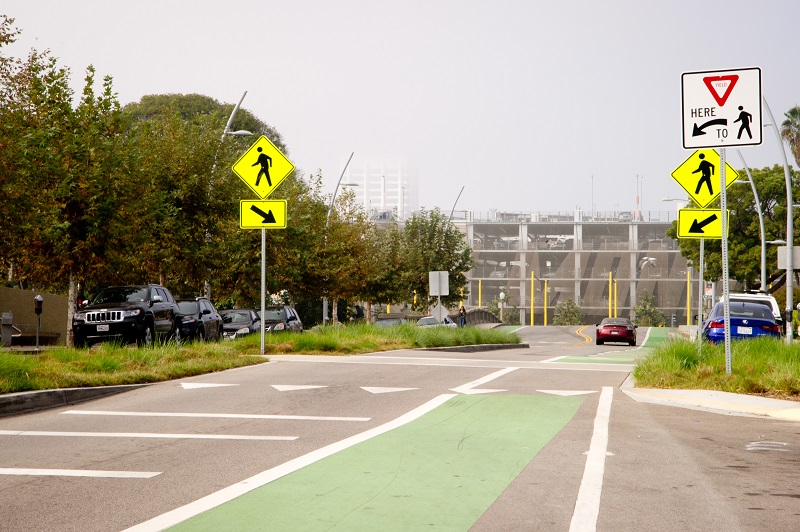The latest version of the health care repeal bill is down for the count after the Senate voted against moving forward, leaving the Prevention Fund intact for the time being. The big question is what does Congress move on to now? There is a lot of pressure on Republicans to deliver some sort of big legislative priority.
Tax reform is most likely next on the docket, with the White House and Congressional leaders issuing a short statement that they would be working together to reduce tax rates for corporations and individuals. However, some political leaders are trying to gin up support for an infrastructure package to jump the queue. New York Governor Andrew Cuomo, a Democrat, got attention for indicating that the infrastructure package was the “single best idea” from the Trump campaign, and should be revived.
The White House held a meeting with several Republican Senators on July 27 to discuss plans for an infrastructure package that would be much broader than transportation, likely to include energy, water, and broadband investments. President Trump also laid the groundwork to create an infrastructure advisory council at the Commerce Department to focus on public-private partnerships that can finance infrastructure investments in a wide range of areas and to identify ways to speed up project approval.
Still, even if infrastructure does becomes a more immediate priority, there are many competing ideas that would need to be resolved. Trump’s infrastructure concepts would be primarily focused on incentivizing private investment. Yet, the Senate appropriations committee expressed concern about the Trump administration’s assertion that federal dollars reduces state and local funding commitments to infrastructure projects. Those appropriators reaffirmed their support for a strong federal funding role in transportation. We continue to think that the limited dollars likely to be available combined with the broad scope—much broader than transportation—means that any infrastructure package, if it could pass, is likely to have a muted impact on transportation of any kind, let alone active transportation.

The Trump administration's infrastructure package is likely to be much broader than transportation and have a muted impact on active transportation.
Meanwhile, Congress is inching forward on funding the federal government. Both the House and Senate appropriations committees recently passed the transportation and housing funding bill. The Senate bill rejects many of the transit and Amtrak cuts that the Trump budget proposed, and would increase funding for the TIGER discretionary grant program to $550 million. Both the House and Senate bills fully fund existing authorized highway trust fund programs, including the Transportation Alternatives Program. The end game for the appropriations process is still in flux, but the most likely scenario is an omnibus package rolling up most or all spending bills late this year.
Lastly, the US Department of Transportation finally issued the results of the $850 million transportation rescission that Congress included in the final FY2017 appropriations bills. Rescissions are when the federal government takes funding back from the states. USDOT has calculated the amounts due back from each state, and allocated it across programs. About $60 million in Transportation Alternatives Program (TAP) funds will be clawed back from the states. The amount of the rescission is determined on a state’s unobligated funds – so this is yet another example of why it’s important for states to get their TAP funds awarded and obligated in a timely fashion.

